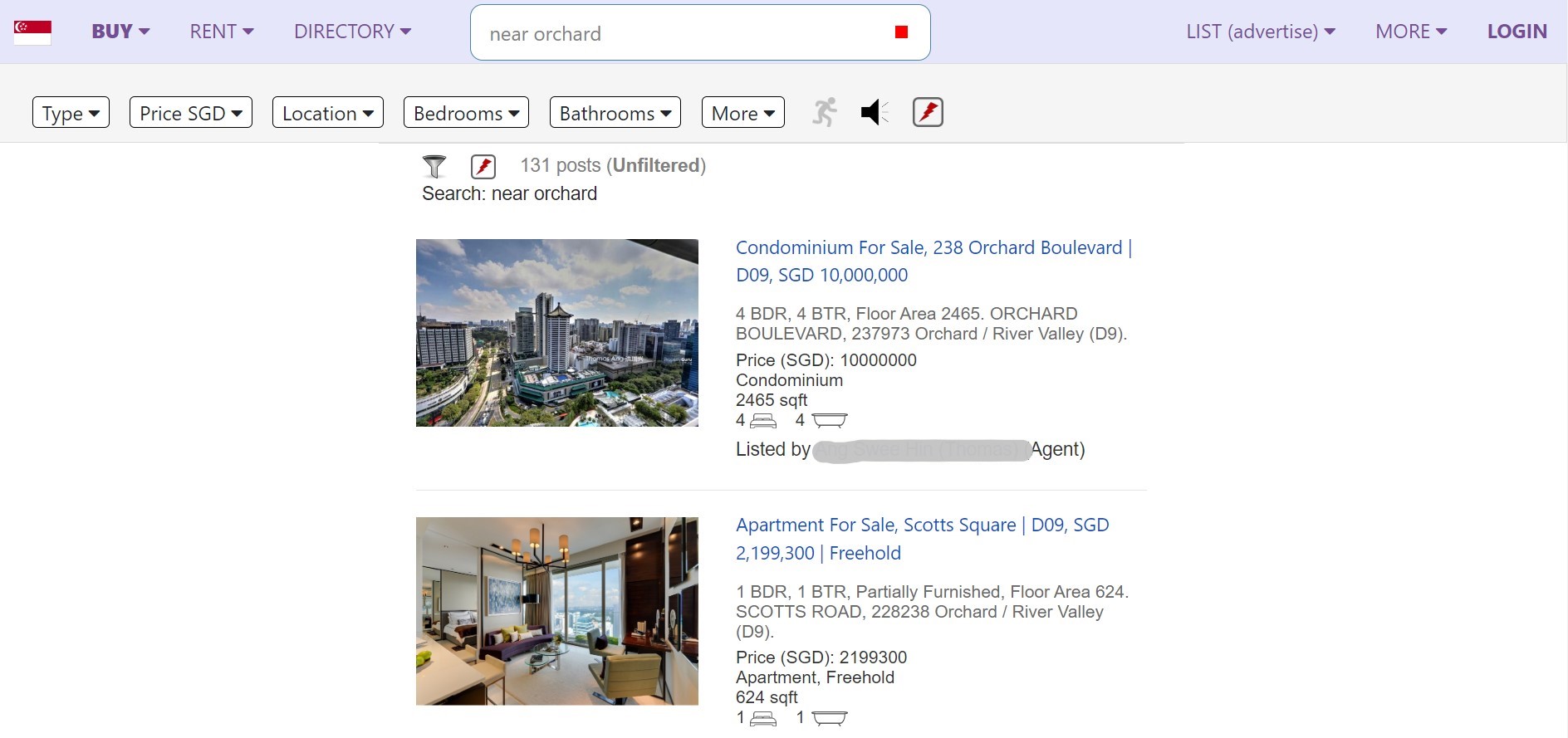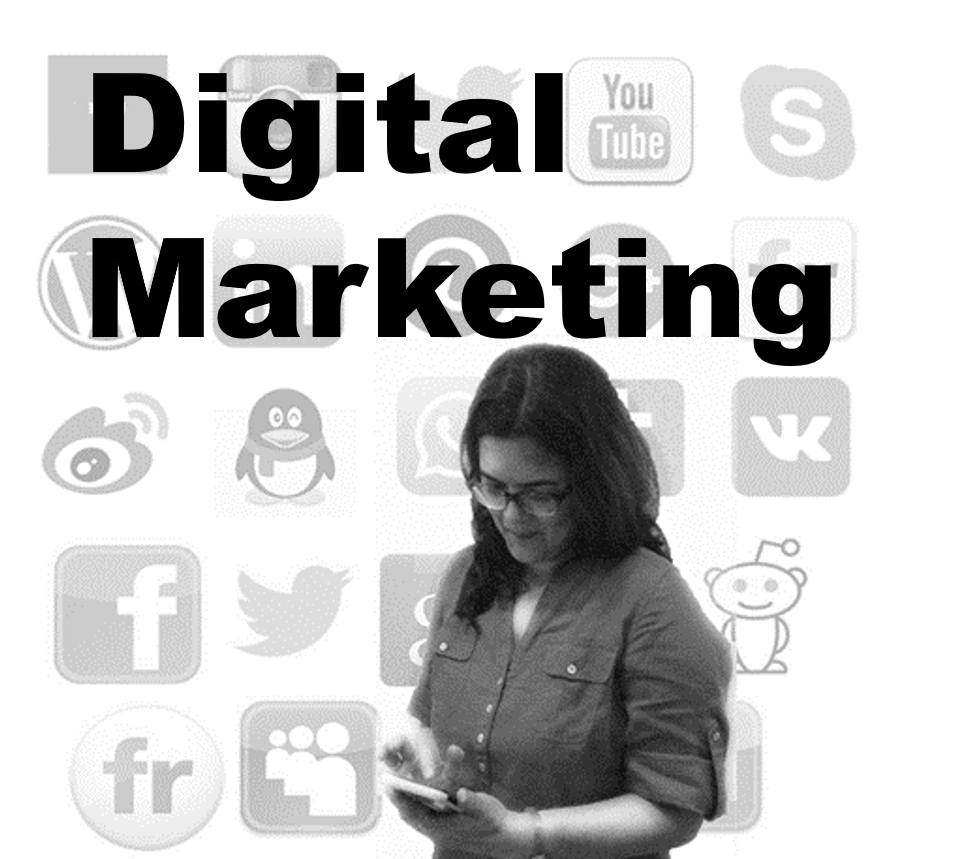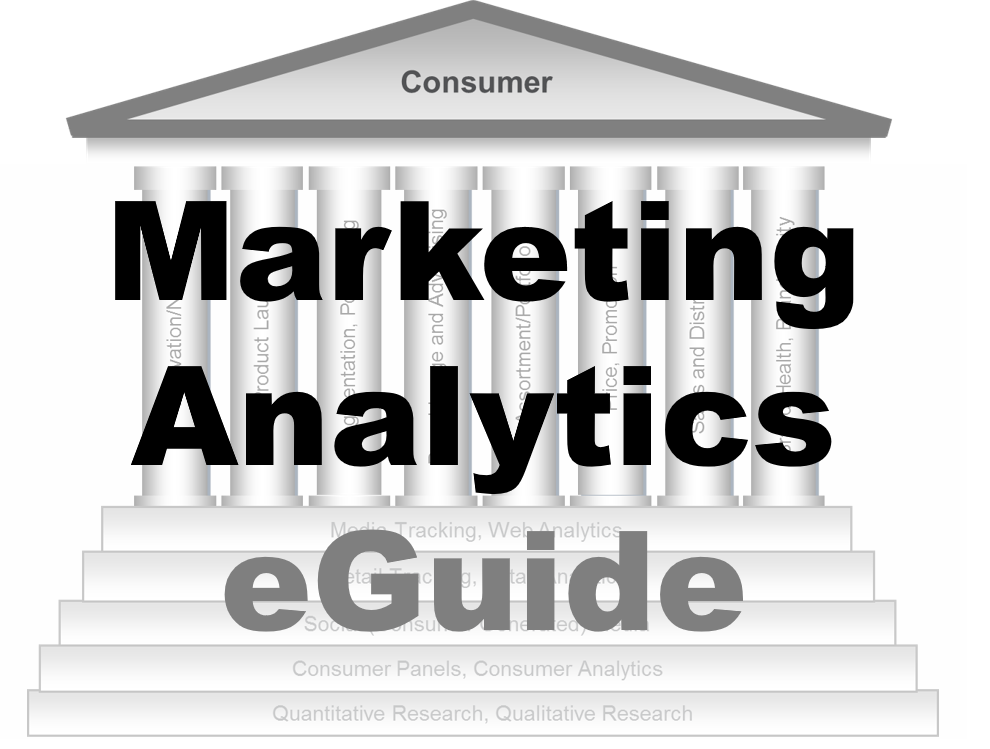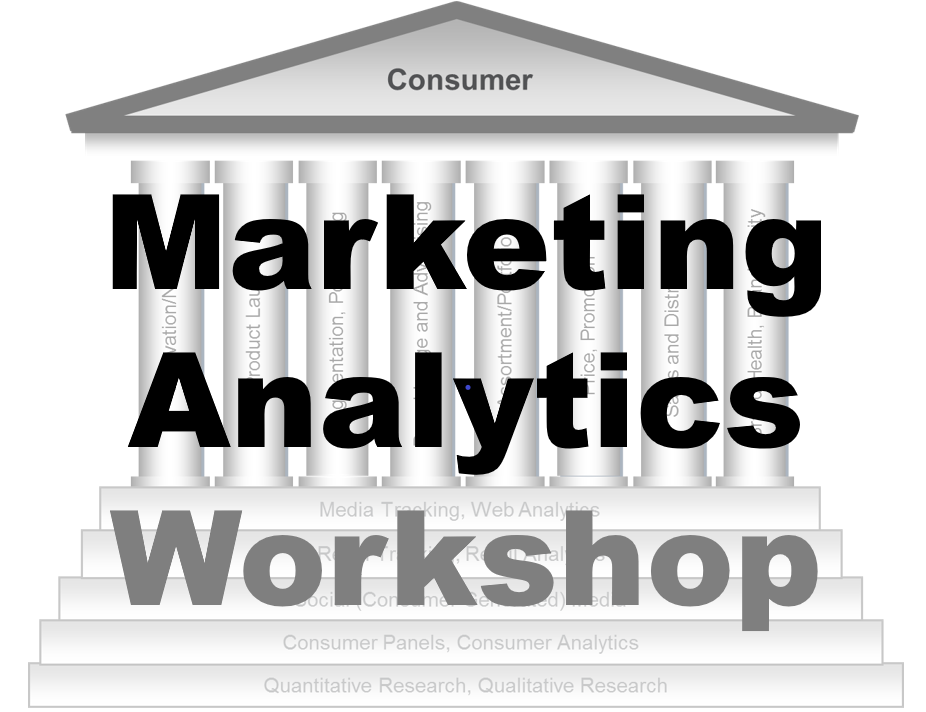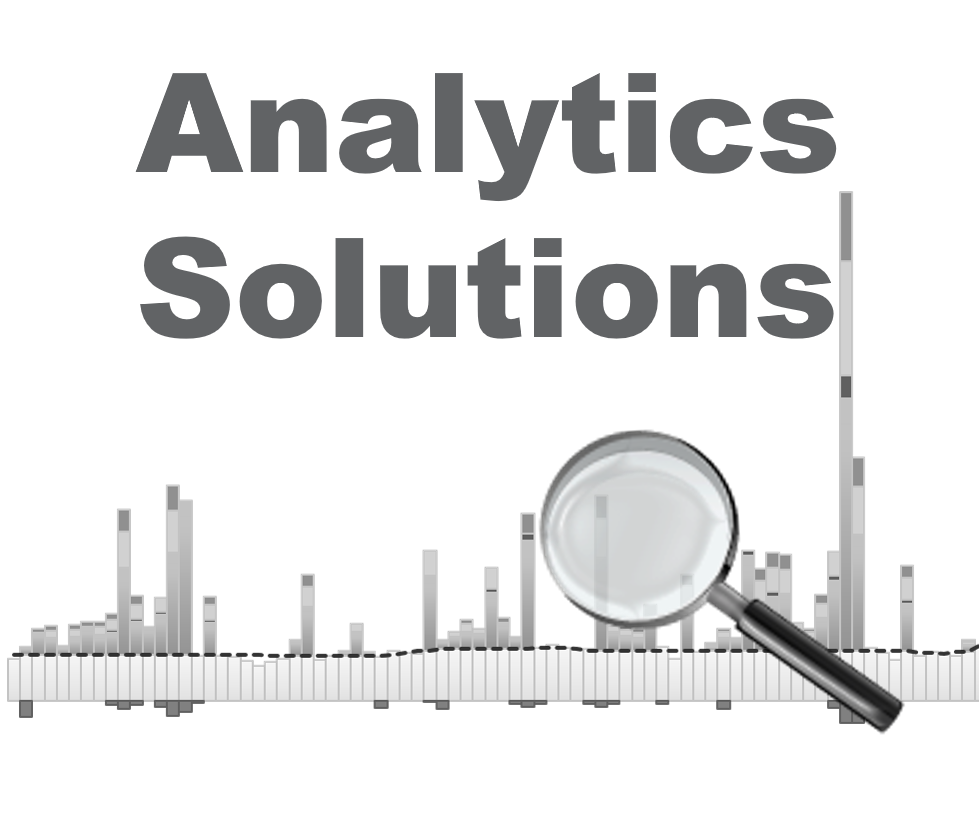-
New Media
Preview
New World
New Media
Social Cloisters
Spread of Misinformation
“Stolen Election”
Propaganda and Fake News — What’s the difference?
Lessons for Marketers
New Rules, New Perspectives
Social Listening
Level Playing Field
Co-Creation
Crowdsourcing
Long Tail
Permission Marketing
Inbound/Outbound Marketing
Word-of-Mouth (Buzz)
Digital Transformation in Real Estate
Trends — Media Consumption
Online Video
Interactive TV
Internet Basics
- New Media
- Digital Marketing
- YouTube
- Social Media Analytics
- SEO
- Search Advertising
- Web Analytics
- Execution
- Case — Prop-GPT
ThinkBusiness: Social Cloisters and Fake News
- Marketing Education
- Is Marketing Education Fluffy and Weak?
- How to Choose the Right Marketing Simulator
- Self-Learners: Experiential Learning to Adapt to the New Age of Marketing
- Negotiation Skills Training for Retailers, Marketers, Trade Marketers and Category Managers
- Simulators becoming essential Training Platforms
- What they SHOULD TEACH at Business Schools
- Experiential Learning through Marketing Simulators
-
MarketingMind
New Media
Preview
New World
New Media
Social Cloisters
Spread of Misinformation
“Stolen Election”
Propaganda and Fake News — What’s the difference?
Lessons for Marketers
New Rules, New Perspectives
Social Listening
Level Playing Field
Co-Creation
Crowdsourcing
Long Tail
Permission Marketing
Inbound/Outbound Marketing
Word-of-Mouth (Buzz)
Digital Transformation in Real Estate
Trends — Media Consumption
Online Video
Interactive TV
Internet Basics
- New Media
- Digital Marketing
- YouTube
- Social Media Analytics
- SEO
- Search Advertising
- Web Analytics
- Execution
- Case — Prop-GPT
ThinkBusiness: Social Cloisters and Fake News
- Marketing Education
- Is Marketing Education Fluffy and Weak?
- How to Choose the Right Marketing Simulator
- Self-Learners: Experiential Learning to Adapt to the New Age of Marketing
- Negotiation Skills Training for Retailers, Marketers, Trade Marketers and Category Managers
- Simulators becoming essential Training Platforms
- What they SHOULD TEACH at Business Schools
- Experiential Learning through Marketing Simulators
New World (Example): Digital Transformation in Real Estate
Exhibit 18.11 Property portals, like prop-gpt.com, are becoming increasingly popular in the real estate market.
The digital age has brought significant changes to the world, and the real estate industry is no exception. While it has opened up new opportunities, it has also presented new challenges.
In the past, brochures, classified advertisements, and advertisement of properties on billboards, yellow pages, telephone directories, and radio and TV were the norm, and real estate offices were everywhere. But today, the landscape has shifted. Classifieds and other forms of traditional advertising have dwindled, and real estate agency offices are no longer as ubiquitous as they used to be. Instead, property portals such as Prop-GPT (Exhibit 18.11), agency websites, property apps, and virtual tours have taken their place.
This new industry is reliant on search marketing, the optimization of online platforms for search engines, and the practice of inbound marketing. It is also heavily dependent on search advertising. In this digitally transformed world, property agents depend on property portals, which in turn depend on Google and other search engines.
In countries such as Singapore, real estate agencies have little leverage over the dominant online property portals. As customers increasingly go online, the portals are amassing greater influence. They are able to command higher subscription fees and earn a greater proportion of the profit from the sale of properties.
This has added to the cost of doing business for agencies and their agents. While most are saving from the reduction in conventional advertising, they are losing some control of a key element of their marketing mix — advertising. In the context of search marketing, the property sites have become the advertisers, directing their search advertising towards generating traffic to their portals.
Furthermore, if their influence continues to wane, the traditional jobs in the real estate industry may eventually be displaced by automation through existing and new technologies, including artificial intelligence and blockchain.
Another challenge faced by the industry is the portals’ current subscription-based business model, which not only proves unfavourable for agents but is also highly inefficient. Agents who pay the subscription fees for these portals often try to maximize their “quota” by listing as many properties as possible, including those they are not engaged to sell. This practice leads to an overload of hundreds of thousands of properties on the portals, many of which are duplicate, spurious, or unrealistic listings. This inefficiency wastes customers’ time and energy and harms the portals’ reputation for quality.
To survive, real estate agents must adapt to the digital transformed real estate marketplace, and indeed many of them are doing so. They are evolving from salespersons to consultants who add value by utilizing their specialized knowledge to better assist their clients, while also saving their customers’ time and money.
Adaptation also requires understanding the nuances of digital marketing and knowing how to optimize online content for search engines.
Collaboration between property consultants and property portals is necessary to pursue their mutual interests. They must work together to build marketplace equity, practice co-op advertising, and share analytics.
Cooperative advertisement is a form of joint advertising practiced in consumer marketing where the cost is shared by both the retailer and the manufacturer. In real estate, other than Prop-GPT, portals do not currently practice co-op advertising. Prop-GPT lets agents and property owners advertise their property on Google so that customers land directly on their property page.
Co-op advertising is beneficial because it demonstrates commitment. If a property is advertised on a search engine, chances are that it is real estate that is genuinely up for sale. Besides regaining control of advertising, agents stand to benefit as traffic is directed to their advertised property pages.
In conclusion, as illustrated by the real estate sector, the business world has been in a state of flux. The digital transformation of industries presents both challenges and opportunities.
Marketers need to embrace the new media, practice inbound marketing, optimize for search engines, and leverage analytics to continually improve their business.
While digital transformation displaces traditional jobs, it also offers new ones. Workers must adapt to survive, and new business alliances need to be forged. In the property sector, collaboration between property consultants and property portals is necessary to build marketplace equity and pursue mutual interests.
Previous Next
Use the Search Bar to find content on MarketingMind.
Contact | Privacy Statement | Disclaimer: Opinions and views expressed on www.ashokcharan.com are the author’s personal views, and do not represent the official views of the National University of Singapore (NUS) or the NUS Business School | © Copyright 2013-2025 www.ashokcharan.com. All Rights Reserved.

